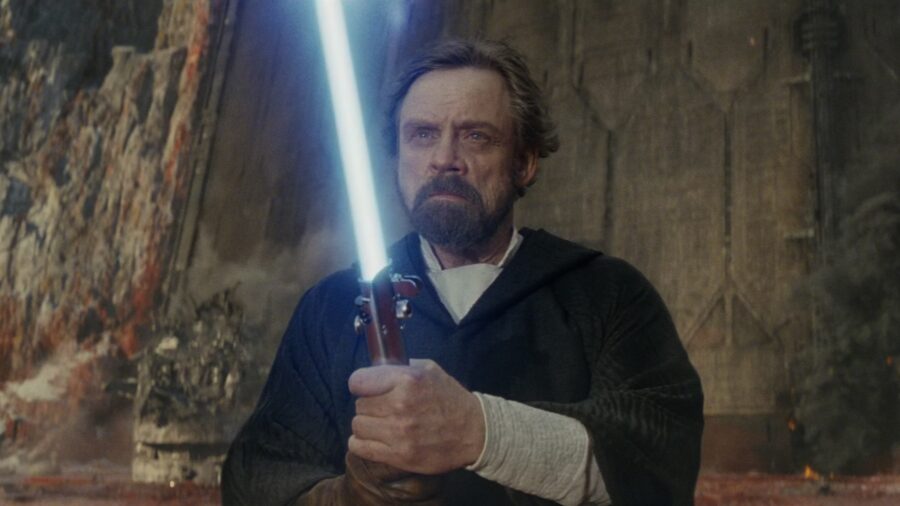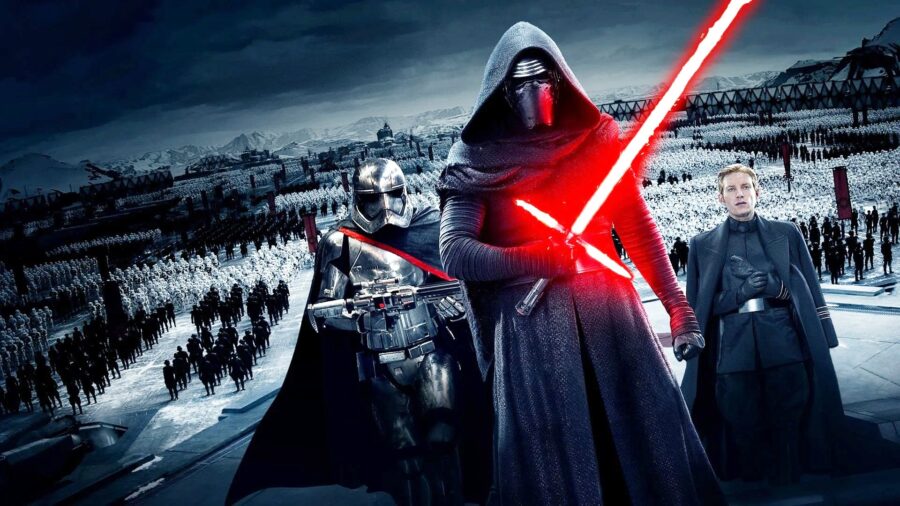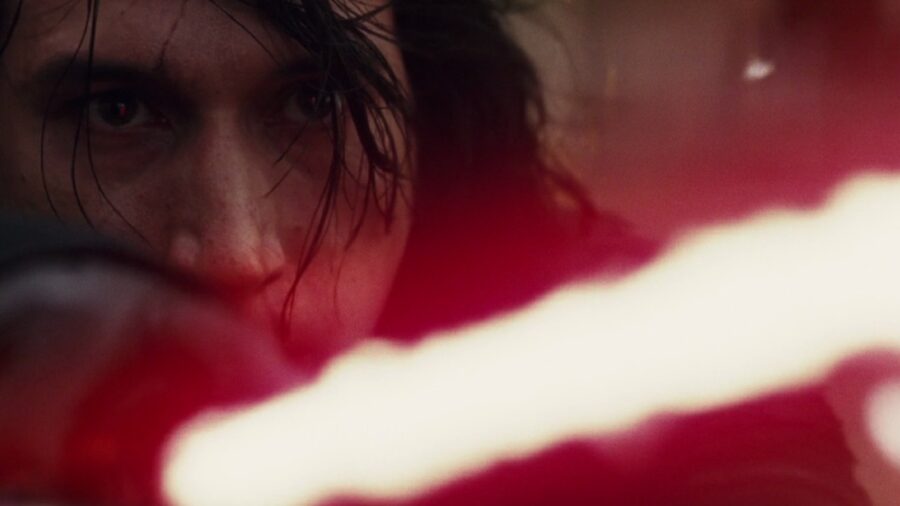
By Chris Snellgrove
| Published

By far, the most shocking moment of the Star Wars Sequel Trilogy was the sudden death of the Original Trilogy hero Luke Skywalker in The Last Jedi. That film portrays this as a noble sacrifice; Luke gives up his life (like Obi-Wan Kenobi before him) in order to help Rey, Leia, and the rest of the Resistance escape the First Order. However, the films make it clear that the First Order was going to self-destruct sooner rather than later, arguably making Luke Skywalker’s sacrifice completely meaningless.
The First Order Was Doomed

For the most part, the Star Wars sequels didn’t break the mold of the Original Trilogy that much. The Resistance, of course, was meant to be analogous to the Rebels, right down to Leia being their leader. The First Order is meant to be analogous to the Empire, but they are so much worse than their forebears that, without the Resistance, Luke Skywalker would still be alive.
The reason for this is that the First Order is insular and self-destructive, unlike the Empire. In A New Hope, we see Darth Vader Force choke a colleague, but he stops doing so at Grand Moff Tarkin’s command. The message was clear: this is an organization with colorful characters, but the excesses of characters like Vader are kept in check by the same galaxy-spanning bureaucracy that the Rebels had so much trouble defeating.
Now, the First Order’s Vader was Kylo Ren, just as the Resistance’s Luke Skywalker was Rey. But we see Ren as a mostly unchecked ball of rage. He’s the kind of guy who starts destroying company property whenever he has a hissy fit. If The Force Awakens taught us anything about Kylo Ren, it’s that he is just one bad day away from accidentally destroying the ship he is on by swinging his lightsaber around like an angry child.
Luke Skywalker

But what does this Kylo Ren character trait have to do with the incompetence of the First Order and the potential survival of Luke Skywalker? Ren, simply put, is not an outlier in this organization. Instead, he’s just the only short-tempered fascist with the powers of a space wizard. And he’s part of an organization that was destined to implode on its own without the Resistance firing a single shot, but the good guys’ interference got countless people killed, including the galaxy’s last Jedi Master.
That inevitable self-destruction is partially because the First Order is a military organization that follows Sith rules. Basically, they reward those who kill their masters. Kylo Ren, for example, kills Snoke and instantly assumes the title of Supreme Leader. Left to their own devices, First Order members would just keep killing their leaders until the best were dead or fled, leaving a neutered empire that could never threaten either the Resistance or Luke Skywalker.
Additionally, the First Order was destined to implode because they preferred destruction over conquest, as evidenced by that wild Force Awakens moment when these bad guys destroy an entire star system, including the New Republic’s capital. The Empire was wise enough to use the Death Star as a tool to compel obedience, but Kylo Ren and company just want to burn planets down in an orgy of destruction. In short, the First Order was never going to achieve the reach of the Empire, and Luke Skywalker would have lived if these villains were simply allowed to self-destruct.

Don’t get us wrong: the First Order is probably one of the coolest things about the deeply flawed Star Wars Sequel Trilogy. However, these villains are so cartoonishly evil that it’s impossible to take them seriously, and it’s clear that they would have fizzled out on their own, especially with Palpatine doing such a crappy job ruling from the shadows. And had the First Order been allowed to die out on its own, just think: Rebel hero Luke Skywalker would still be alive.
Of course, it would be the bitter and grumpy Luke. Given that, we’re not that broken up that he’s dead.

Leave a Reply